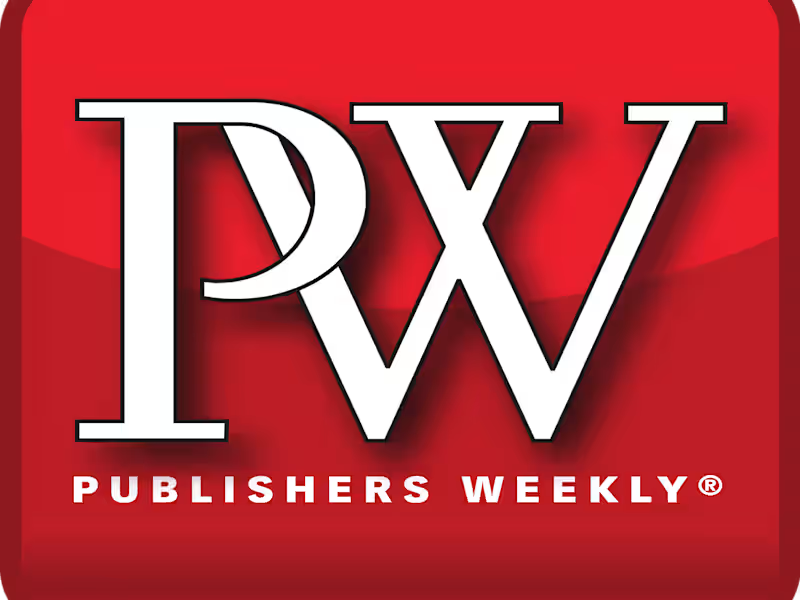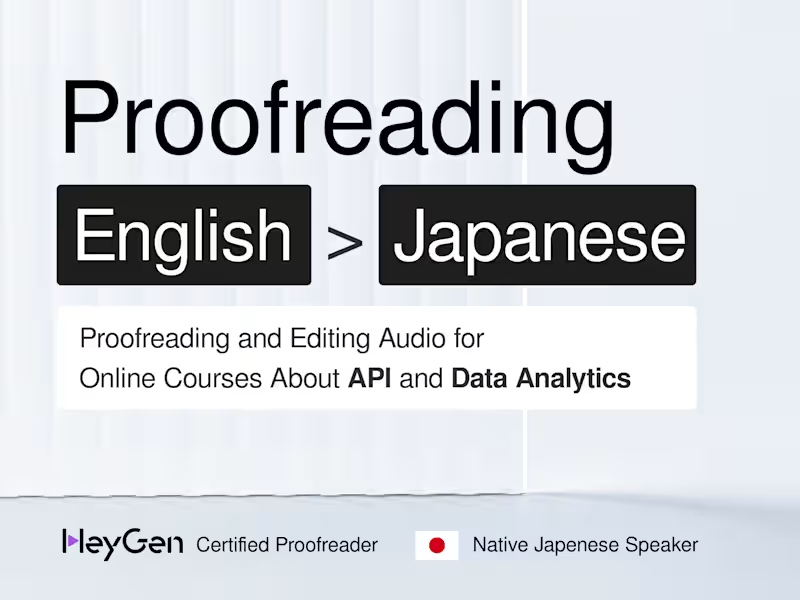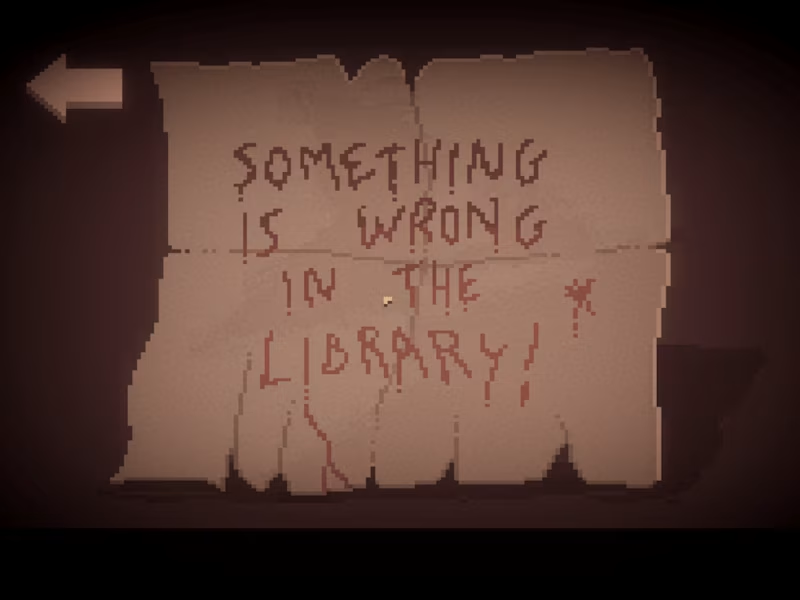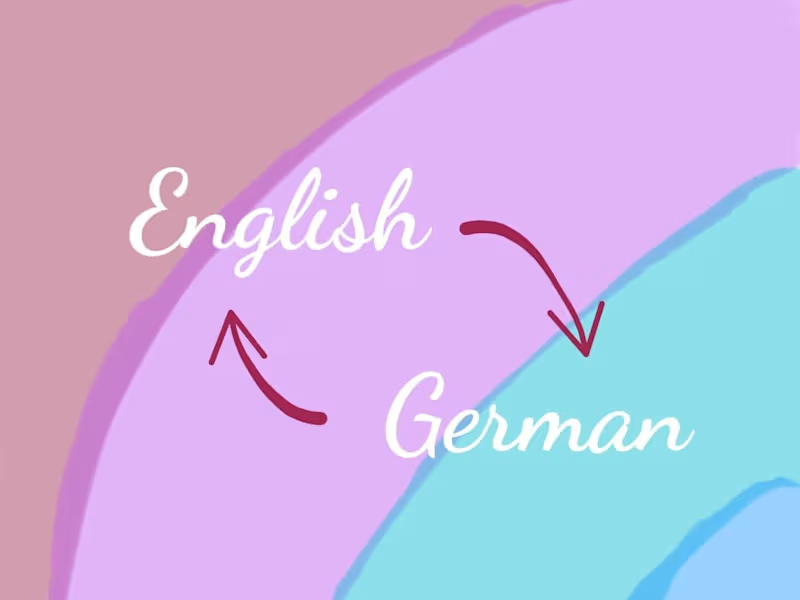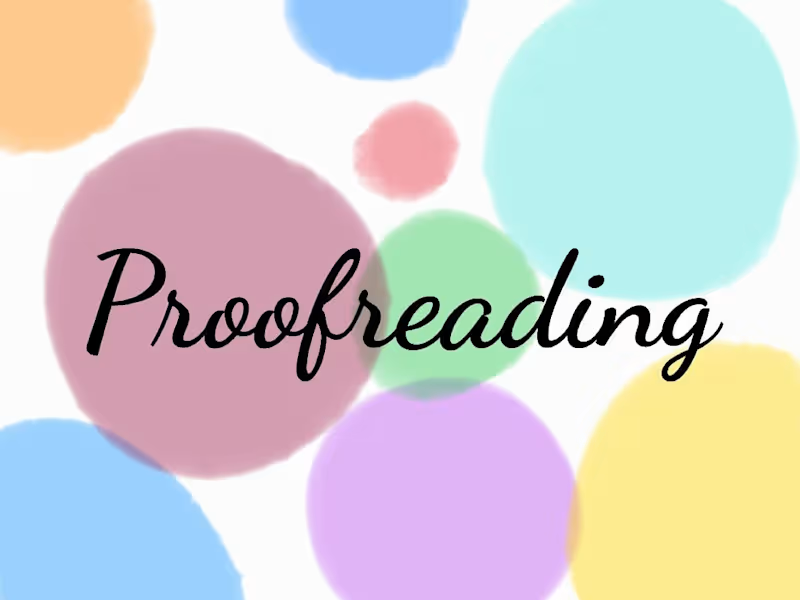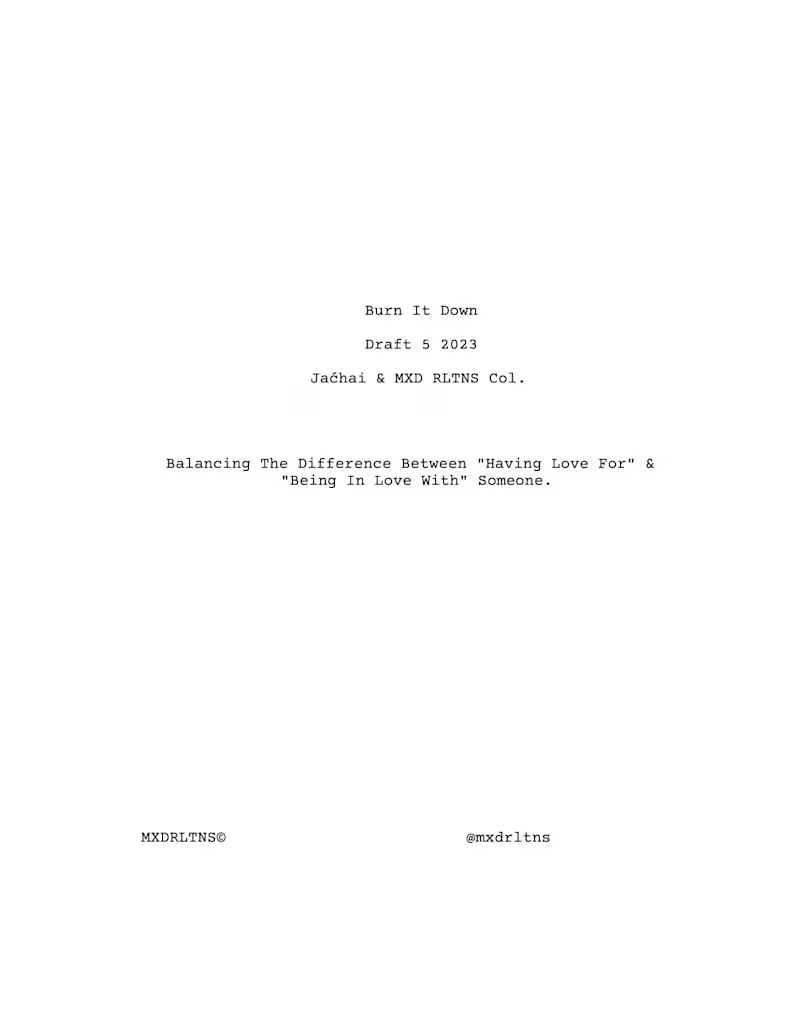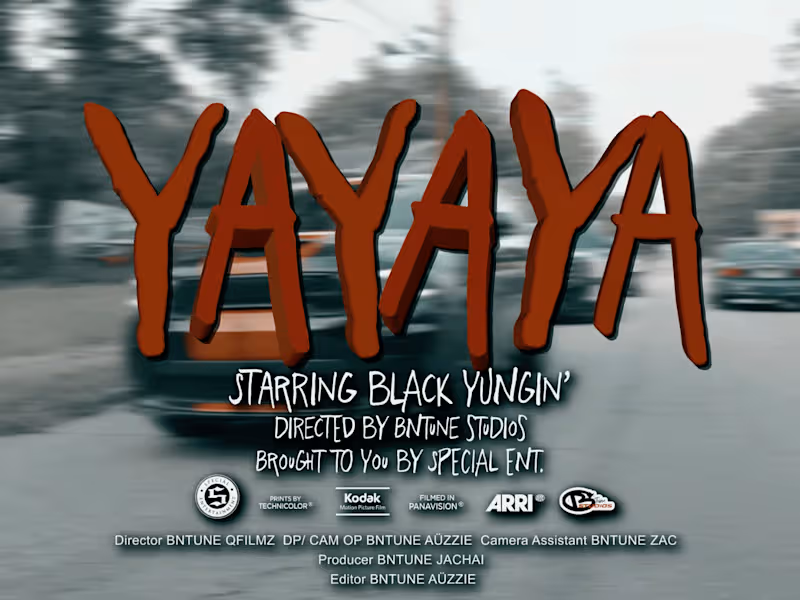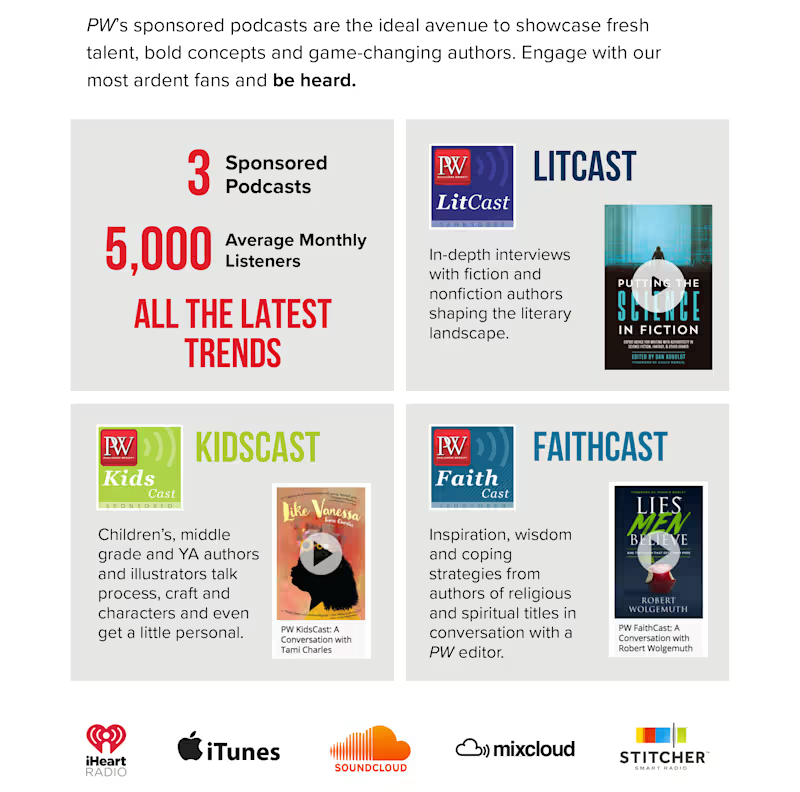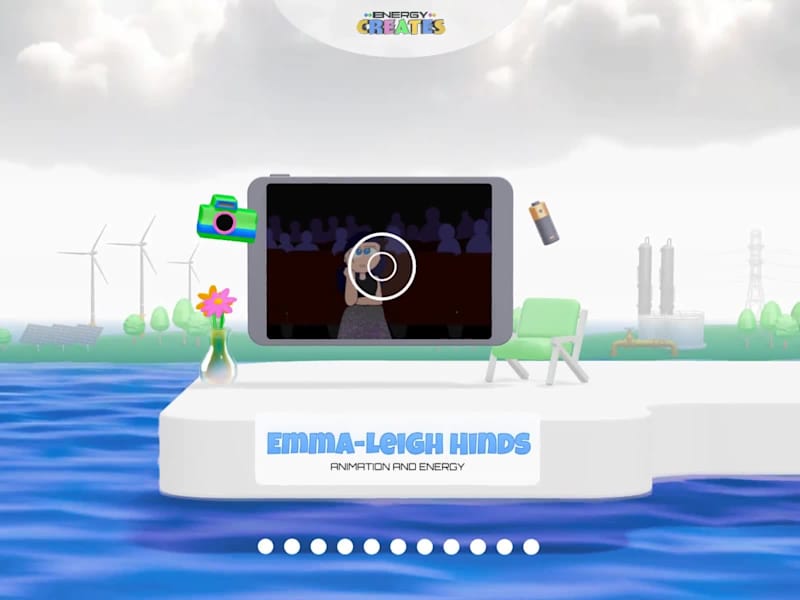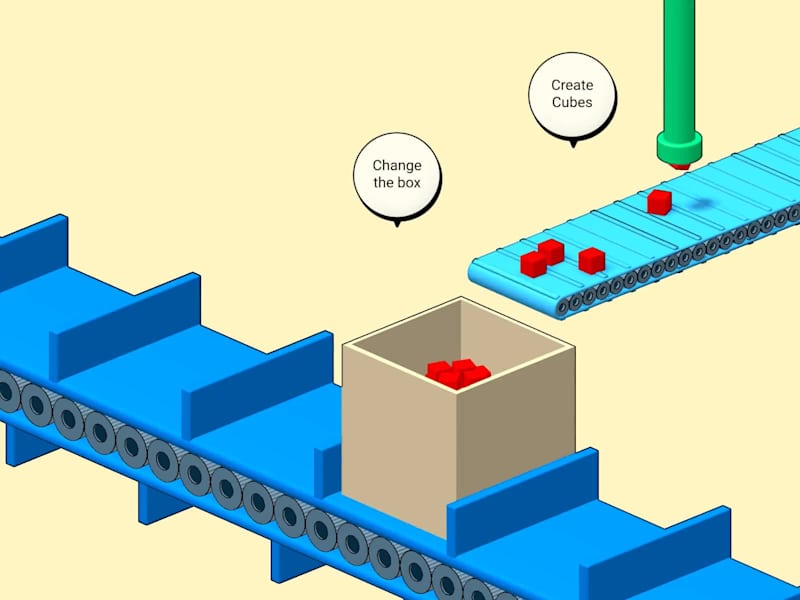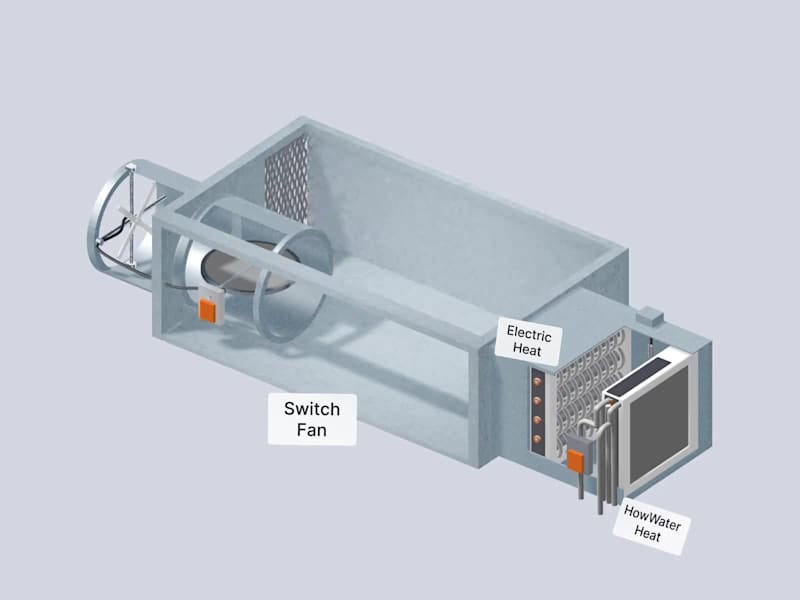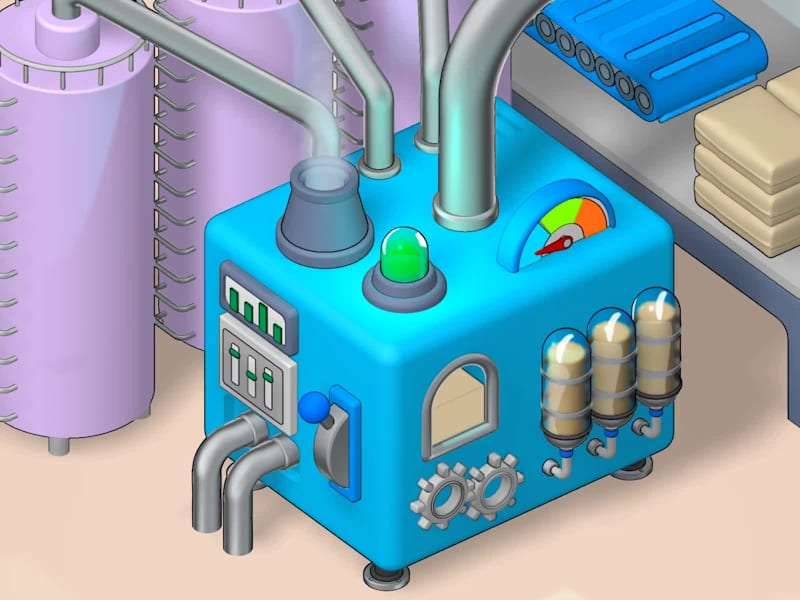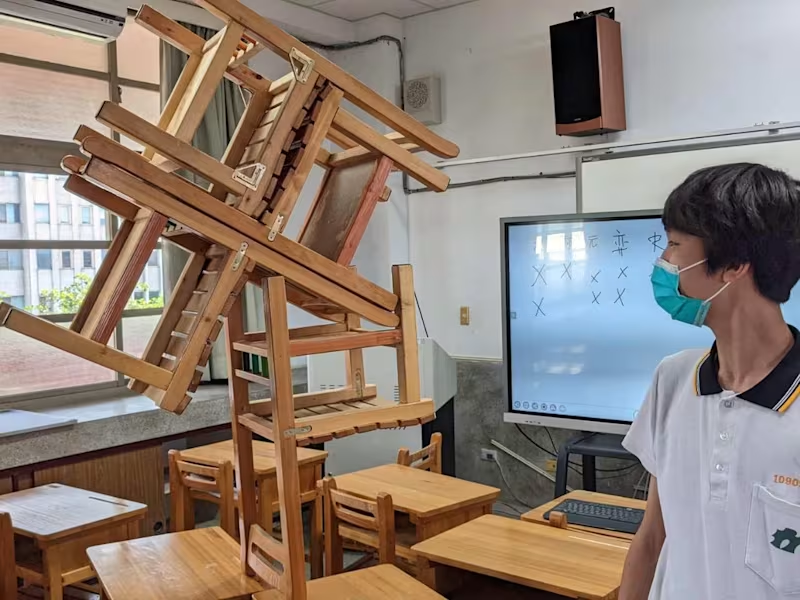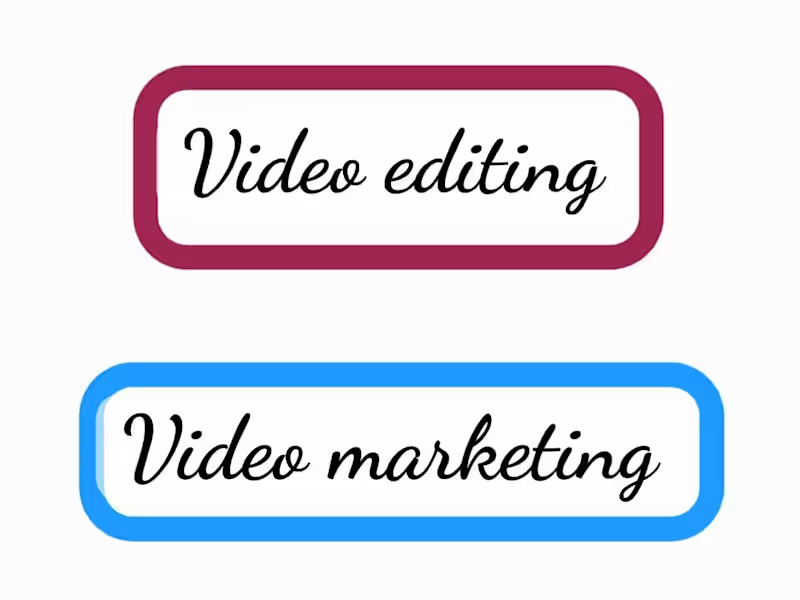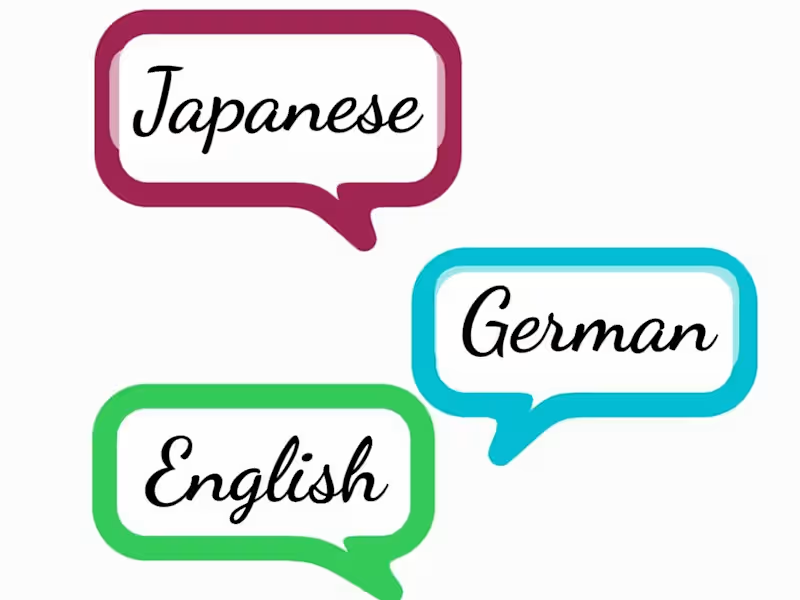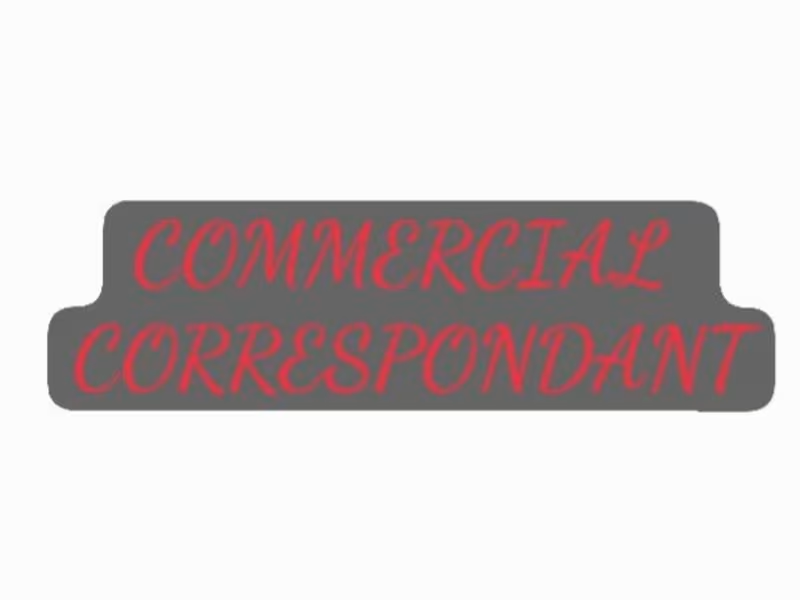What is the best way to describe my project's proofreading needs?
Think about what you need proofread. Is it a book, an article, or a report? Be clear about the type of content and the number of words. This helps find a proofreader who has the right skills for the job.
How do I set clear expectations for the proofreader?
Be specific about what you're looking for. Do you need help with grammar, spelling, and punctuation, or just a quick final polish? Let them know your deadlines and if there are any specific style guides to follow.
How can I evaluate a proofreader's experience effectively?
Check their past work samples or ask about their previous projects. Look for proof of their past success and any relevant qualifications. This can give you confidence in their abilities.
What should I include in the initial contract with the proofreader?
Make sure to outline the project scope, timelines, and deliverables. Include any specific requirements or style preferences. Being clear from the start sets a strong foundation for the project.
What kind of feedback process should we agree on?
Discuss how you'll give feedback and make revisions. Will you use comments in a document, or have a call to discuss changes? A good process ensures the final work meets your expectations.
How do I ensure the proofreader understands my brand's voice?
Share any existing brand guidelines or writing samples. This helps the proofreader match the tone and style of your other materials. It's important for consistency and making sure your message is clear.
What is the best way to communicate with my proofreader during the project?
Decide on the best communication tools, like email or chat. Agree on how often you'll check in with each other. Regular communication keeps the project on track and helps avoid misunderstandings.
How do I verify the proofreader understands the project details before starting?
Have a kickoff meeting or send a detailed project brief. Ask them to summarize what you'd like so you know you're on the same page. This helps make sure they have a clear understanding of the task.
How can I ensure the confidentiality of my project's content?
Have the proofreader sign a non-disclosure agreement (NDA). This shows they agree to keep your information private. It's an important step for protecting your work.
Who is Contra for?
Contra is designed for both freelancers (referred to as "independents") and clients. Freelancers can showcase their work, connect with clients, and manage projects commission-free. Clients can discover and hire top freelance talent for their projects.
What is the vision of Contra?
Contra aims to revolutionize the world of work by providing an all-in-one platform that empowers freelancers and clients to connect and collaborate seamlessly, eliminating traditional barriers and commission fees.









































